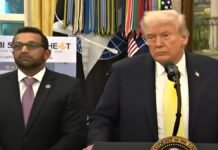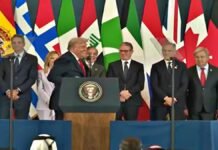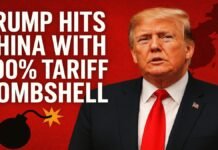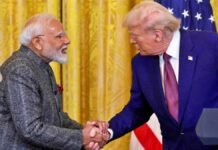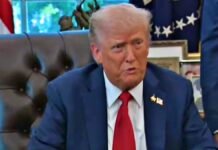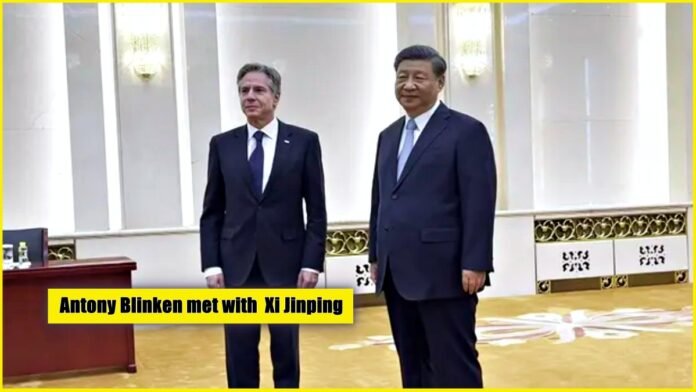
Beijing: In a significant diplomatic engagement, U.S. Secretary of State Antony Blinken met with Chinese President Xi Jinping in Beijing, aiming to address the escalating tensions over a range of bilateral, regional, and global issues that have put the two superpowers at odds. The high-stakes meeting, which also included discussions with Chinese Foreign Minister Wang Yi and Public Security Minister Wang Xiaohong, underscored the urgency of managing the delicate relationship between the U.S. and China.
Despite the backdrop of intensifying disagreements, the frequency of dialogues has seen an uptick, signaling a mutual recognition of the need for open lines of communication. However, Blinken and Wang acknowledged the deepening severity of their differences, expressing concern over the potential threats to global security.
The recent signing of the Foreign Aid Bill by U.S. President Joe Biden has further illuminated the rifts, with China viewing several of its provisions as antagonistic. The bill, which includes support for Taiwan and measures perceived as countering Chinese interests, has become a flashpoint in the bilateral relationship.
The array of contentious issues spans from the status of Taiwan and the South China Sea to trade practices, human rights, and China’s alignment with Russia, particularly in the context of the ongoing conflict in Ukraine. Additionally, the U.S. has raised concerns over China’s role in the production and export of synthetic opioid precursors, a matter that has significant implications for public health and safety.
In their conversation, which lasted over five hours, Wang conveyed a cautious optimism about the stabilization of China-U.S. relations. Yet, he also noted the persistence of “negative factors” that continue to disrupt the bilateral ties. In response, Blinken reaffirmed the Biden administration’s commitment to engaging with China, even on contentious issues, highlighting some progress made over the past year while acknowledging the challenges that lie ahead in the negotiations.

As the two nations navigate this complex diplomatic terrain, the world watches closely, recognizing that the outcome of these talks could have far-reaching implications for international peace and stability.






